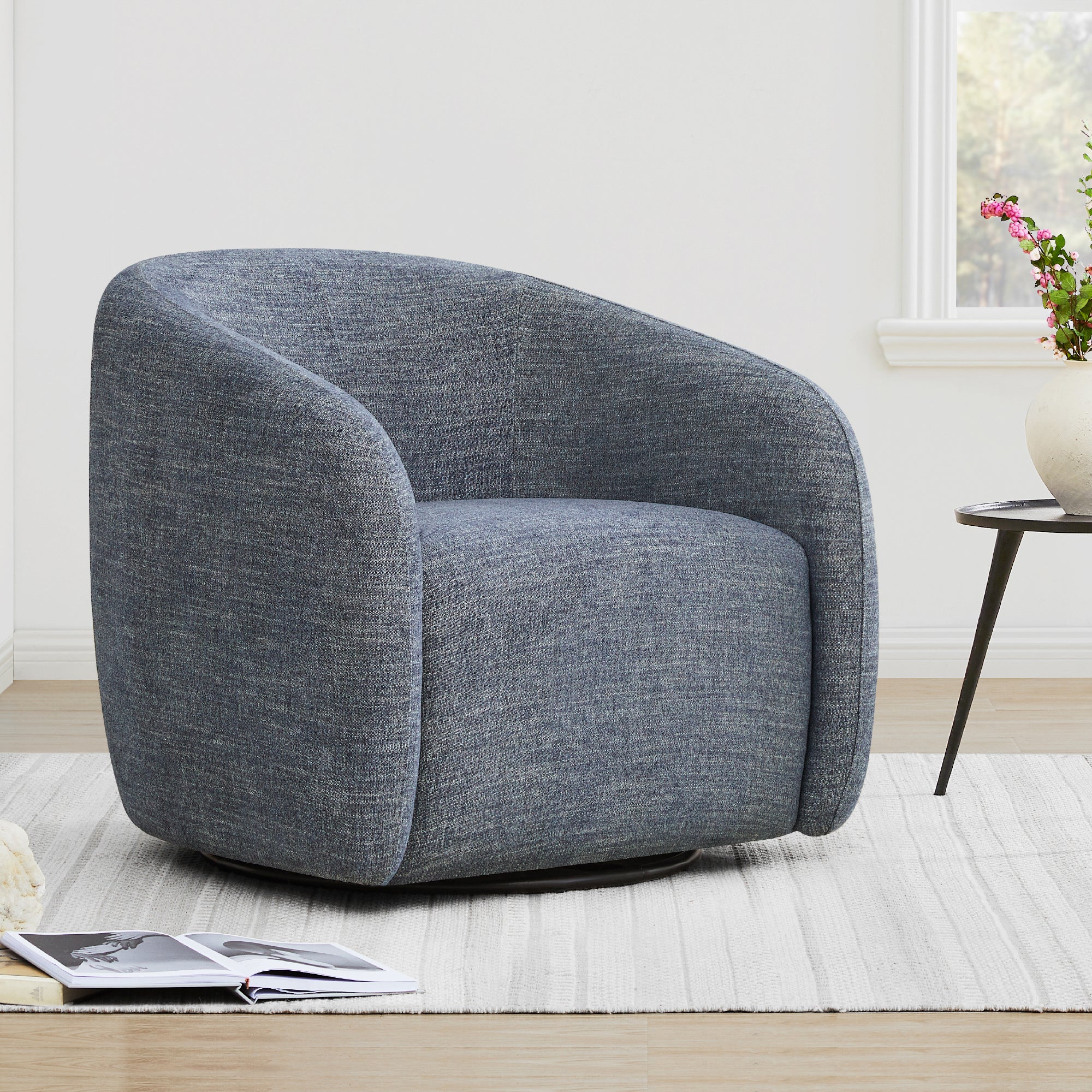Unlock the Secret to Choosing the Perfect Accent Chair for Your Space!
Accent chairs are more than just additional seating; they are vital components of home decor that can dramatically enhance the aesthetic of any room. These versatile pieces not only provide comfort but also serve as stylish statement pieces that can elevate your interior design. Whether you want to create a cozy reading nook, add a pop of color to a neutral space, or make a bold design statement, the right accent chair can transform your area into a personal sanctuary. In this article, we aim to guide you through the process of selecting the perfect accent chair that meets your specific needs and complements your unique style.

Understanding Accent Chairs
Accent chairs are distinct pieces of furniture that add character and charm to a room. Traditionally, they serve multiple purposes, such as providing extra seating, acting as a focal point, or enhancing the overall design theme of a space. Unlike standard chairs, which may blend into the background, accent chairs are often designed to stand out, showcasing unique colors, patterns, and textures. They can be strategically placed in living rooms, bedrooms, or home offices to create a welcoming environment. By incorporating an accent chair, you can effortlessly express your style and make a significant impact on your interior design.
Styles of Accent Chairs
The world of accent chairs is vast, encompassing a variety of styles to suit different tastes and preferences. Modern accent chairs often feature sleek lines and minimalistic designs, perfect for contemporary homes. Traditional styles, on the other hand, boast rich fabrics and ornate detailing, ideal for classic interiors. Mid-century chairs, known for their organic shapes and functionality, have gained popularity for their retro charm. Rustic styles, often crafted from natural materials, bring warmth and coziness to a space, while eclectic chairs can mix and match elements from different eras, creating a unique and personalized look. Understanding these styles helps you identify which resonates with your personal aesthetic.
Choosing the Right Accent Chair for Your Space
When selecting the perfect accent chair, several practical considerations come into play. First and foremost, size is crucial. Measure your space to ensure that the chair doesn’t overpower the room or make it feel cramped. Choose a color that complements or contrasts with your existing decor; a bold color can serve as a striking focal point, while a neutral tone can blend seamlessly. Material is another important factor—consider how different fabrics will wear over time and their maintenance requirements. Lastly, think about functionality and comfort; whether you're using the chair for reading, lounging, or entertaining, it should cater to your needs while also enhancing the overall aesthetic of your space.
Measuring Your Space
Before making a purchase, it's essential to measure the area where the accent chair will be placed. Use a measuring tape to determine the length and width of the space, and consider the layout of other furniture pieces. Avoid overcrowding the area, which can lead to a cluttered feel. A good rule of thumb is to leave at least 18 inches of walking space around the chair to ensure easy movement and comfort.
Color Coordination
The color of your accent chair can significantly influence the mood of your room. Choose colors that either harmonize with your existing palette or provide a striking contrast. For instance, a bright yellow chair can liven up a room with neutral tones, while a muted chair can offer a subtle touch to a more colorful space. Remember to consider the overall color scheme, including walls, rugs, and other furnishings, to create a cohesive look.
Material Considerations
Accent chairs come in a variety of materials, each with its own advantages and disadvantages. Fabric chairs are often comfortable but may require more maintenance, especially in homes with pets or children. Leather chairs offer durability and a classic look but can sometimes be less comfortable in warmer climates. Consider how often the chair will be used and the kind of wear and tear it may experience to choose the best material for your lifestyle.
Functionality and Comfort
Comfort should never be overlooked when selecting an accent chair. Think about how you plan to use the chair—whether for reading, relaxing, or entertaining guests. Test different styles to find the one that feels best for you. An accent chair should invite you to sit down and enjoy your space, enhancing both the functionality and the comfort of your room.
Final Thoughts on Choosing Accent Chairs
In summary, choosing the right accent chair can dramatically influence the overall look and feel of your space. By understanding the different styles available, measuring your area, coordinating colors, considering materials, and prioritizing comfort, you can find the perfect chair that not only meets your aesthetic desires but also serves your functional needs. Take your time during this decision-making process to ensure that your accent chair becomes a beloved centerpiece in your home, enhancing both style and comfort.
